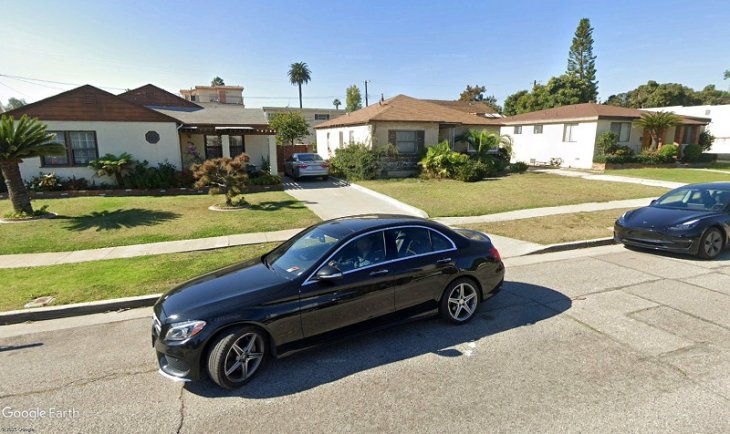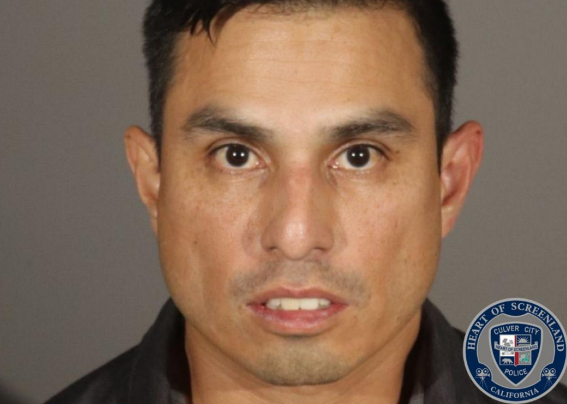
A businessman claiming part ownership in a company Michael Jackson created testified today the late singer could have earned up to $1 billion in a career comeback.
Qadree El-Amin took the witness stand in a non-jury trial resulting from a petition filed by the Jackson estate, which seeks to have the estate declared the sole owners of the Michael Jackson Co. LLC. Jackson died June 25, 2009, at age 50 of acute propofol intoxication.
El-Amin told Los Angeles Superior Court Judge Maria Stratton that Jackson could have overcome allegations of child molestation and recharged his career by making public appearances, performing on tour and making more music.
According to El-Amin, when he and three other people outlined plans for an entertainment comeback to Jackson in Tokyo 2006, Jackson’s demeanor changed from downcast to upbeat and confident.
“When we first got there he was really broken down, then he became energized,” El-Amin said. “He was in charge, he was calling the shots.”
In his opening statement, the estate’s chief lawyer, Howard Weitzman, disputed the ownership claims of El-Amin and the others and said they were looking for a “windfall.”
But lawyers for El-Amin — Broderick Morris, Raymone Bain and Adean King — say they collectively own about 15 percent of the company under a 3 a.m. deal Jackson made with them in a Tokyo hotel room on June 1, 2006.
They say it was Jackson’s idea to form the company and that he reserved 75 ownership for himself; 10 percent each to his mother, Katherine, and Bain, his general manager; and 1.68 percent each to El-Amin, Morris and King.
King worked at the time for Bain, who testified in a sworn declaration that she met Jackson through tennis star Serena Williams. El-Amin was the manager of Boyz II Men. Morris was the chief operating officer of Positive Productions Inc., a Japan-based company that promoted concerts and other events in that country.
El-Amin said that in the early days of their meetings, Jackson worried about his finances.
“I need money, I need money,” the singer repeatedly said, according to El-Amin.
El-Amin said he felt obligated to Jackson in part because the entertainer allowed him and his wife to get married at Neverland Ranch the same day the singer and his sister, Janet, were making a video at Universal Studios.
El-Amin said Jackson was enamored with the singer’s own idea of making animation projects as part of his comeback.
“He loved Japanese animation,” El-Amin testified.
El-Amin said a series of positive meetings leading up to and including the 3 a.m. session had Jackson and everyone in the room optimistic for the future.
“I’m telling you and I couldn’t sleep and he (Jackson) was (also) happy,” El-Amin said.
Pressed by Weitzman to describe any successful deals that resulted in 2006 or 2007 from the alleged 3 a.m. agreement, El-Amin struggled to provide any details. However, he said he believed some positive results occurred.
Maxwell Blecher, an attorney for El-Amin and the three other respondents, said he does not know how much his clients may be entitled to if they win the case because the estate’s lawyers have not given them documents demonstrating the value of the estate. However, he said that despite the lack of information, it is worthwhile for the four to push forward.
“I believe there is substantial money there,” Blecher said.





















